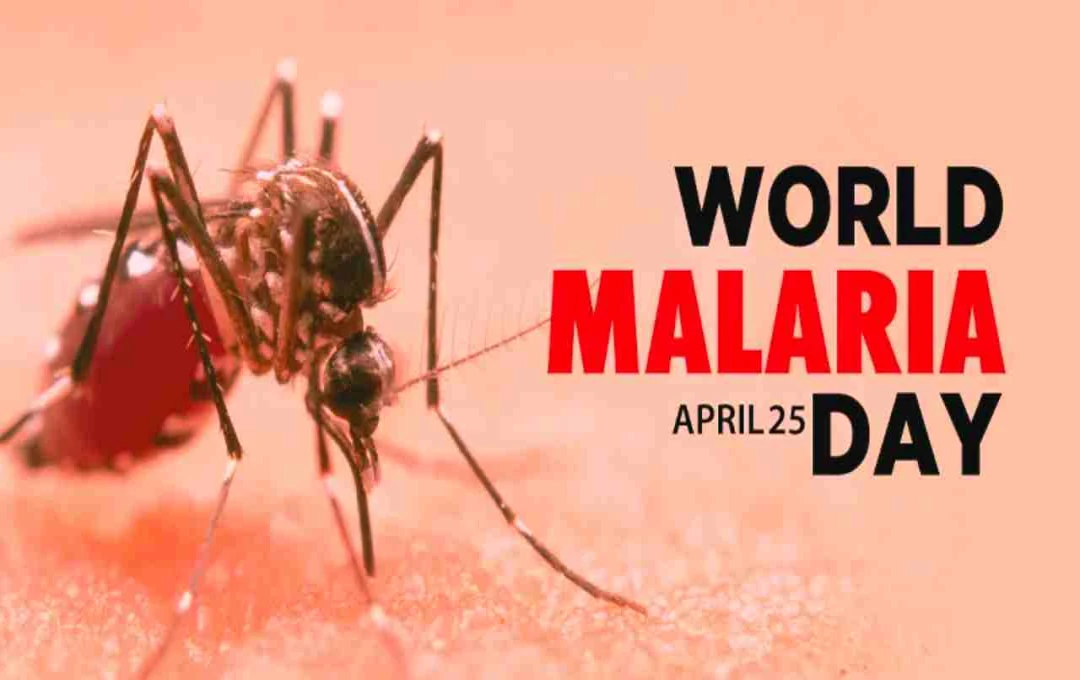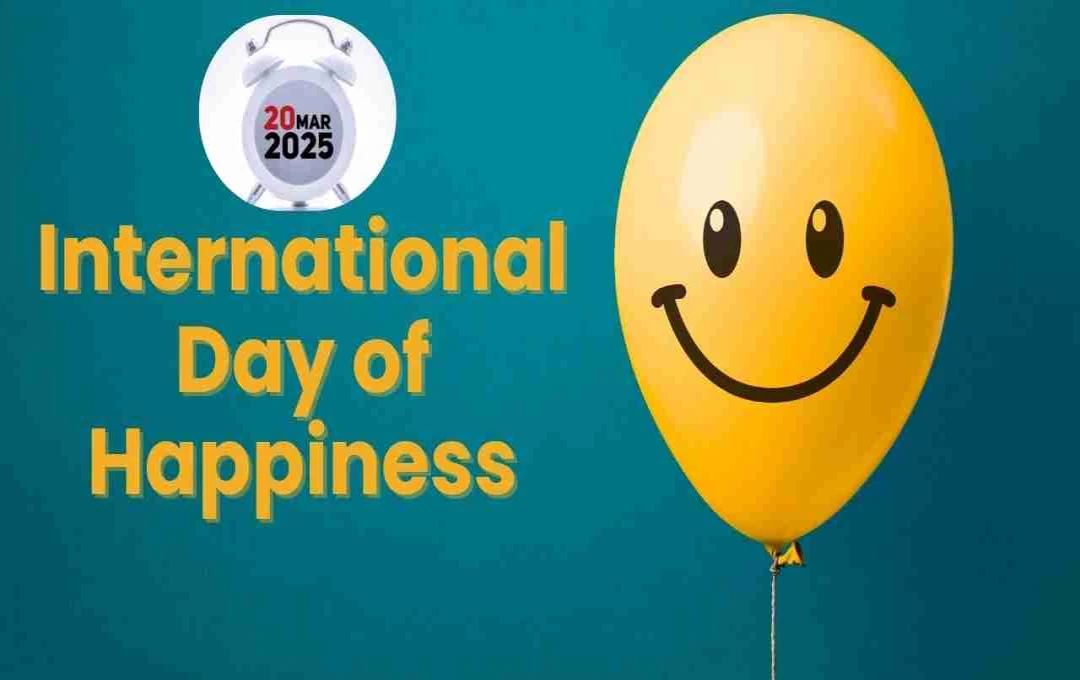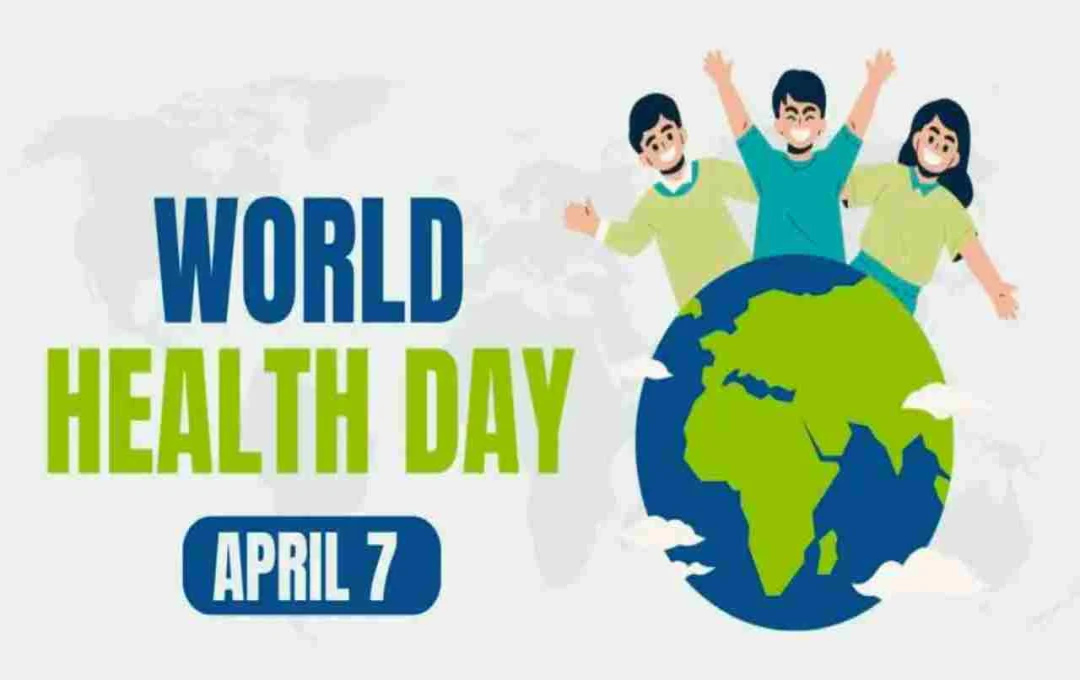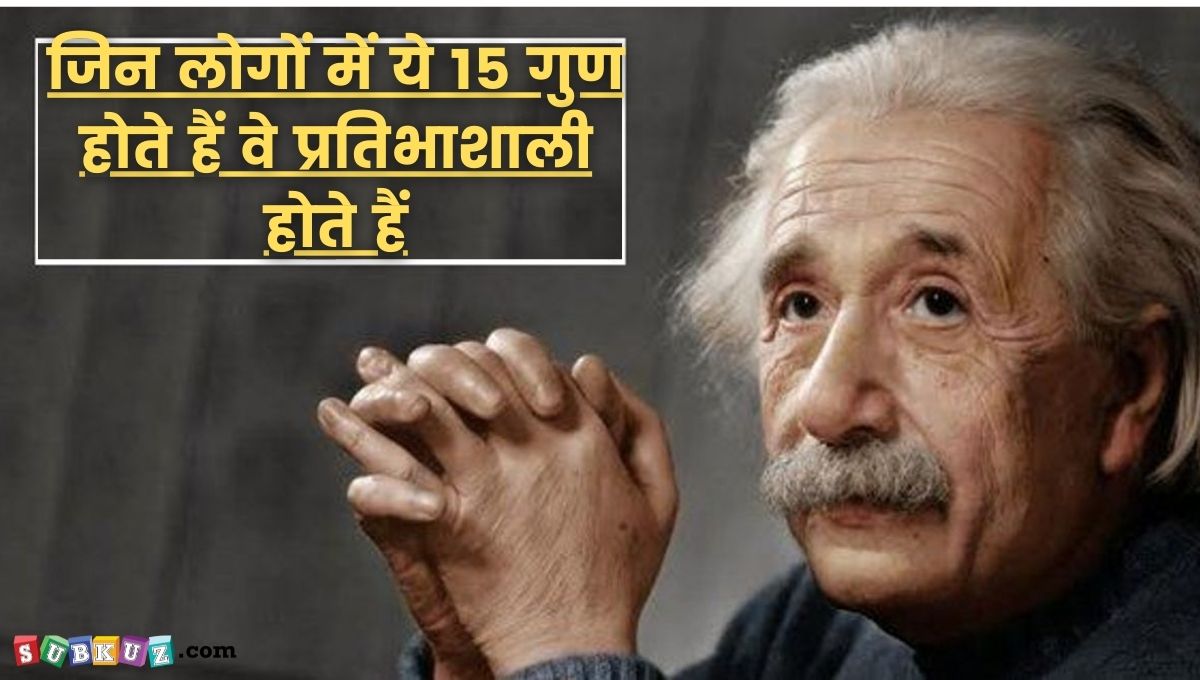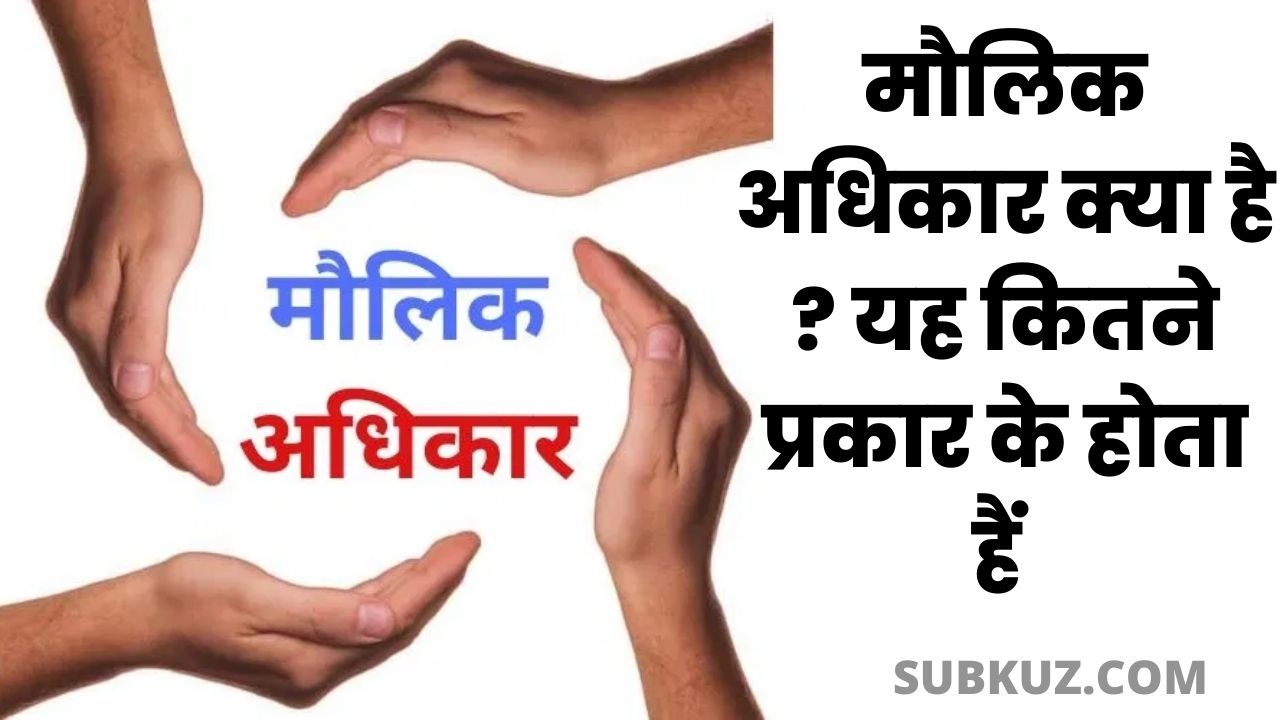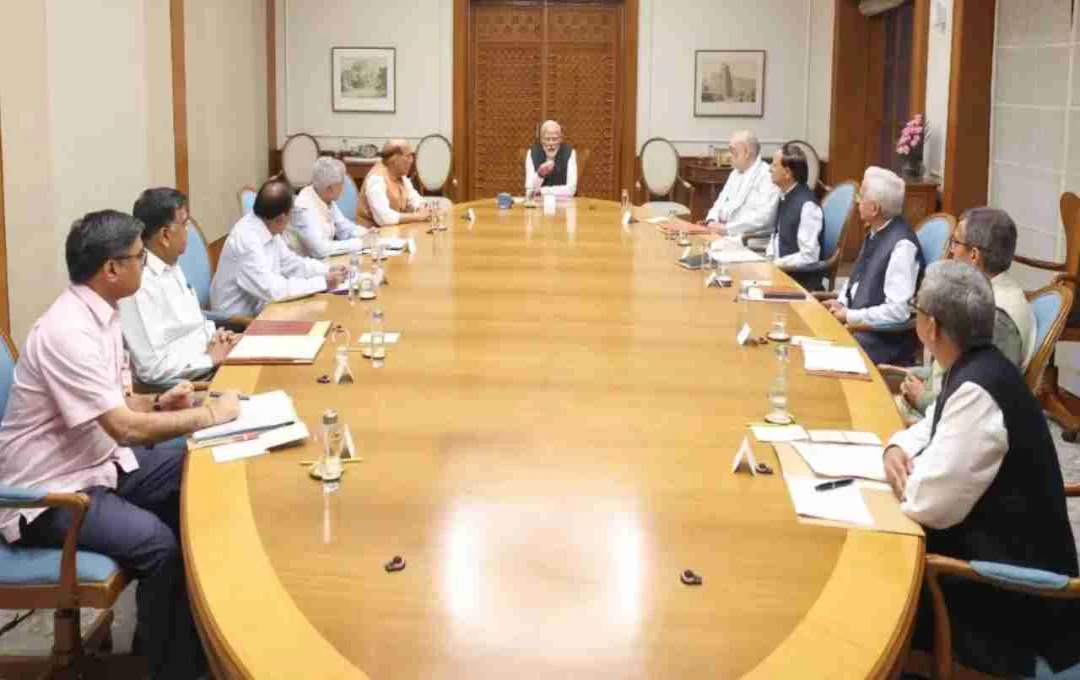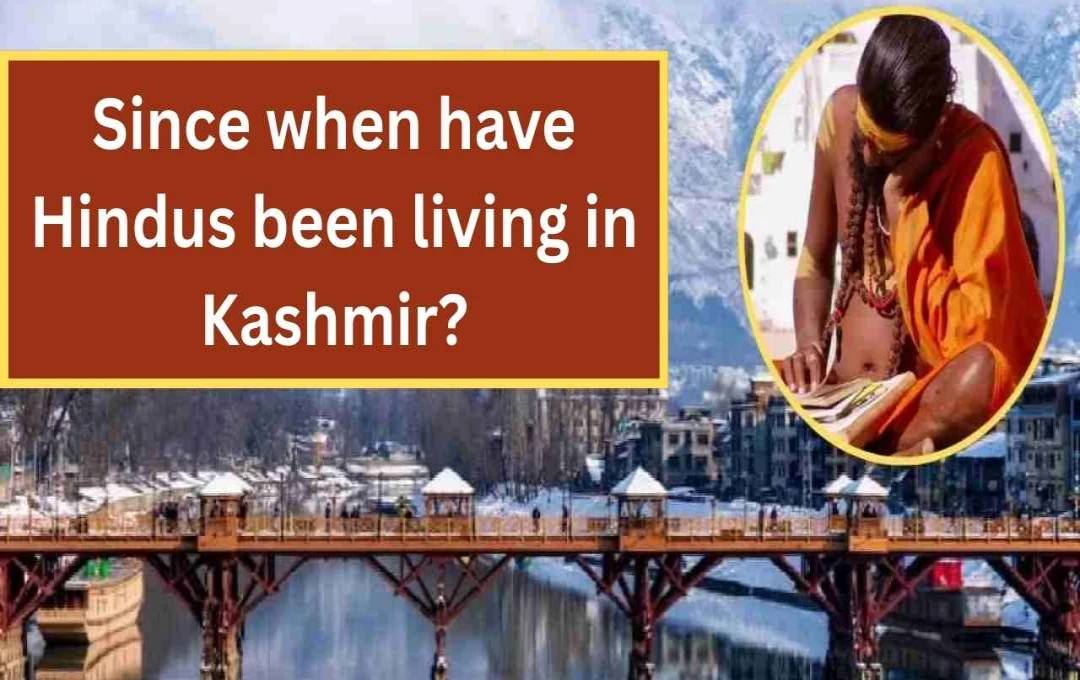World Malaria Day is observed annually on April 25th, aiming to raise global awareness about this life-threatening disease and share progress made towards its eradication. In 2025, this day serves as a reminder that malaria remains a significant threat to our society.
While science has made considerable advancements in malaria prevention and treatment, the disease continues to claim lives, particularly in developing and tropical countries.
Malaria: Understanding the Severity
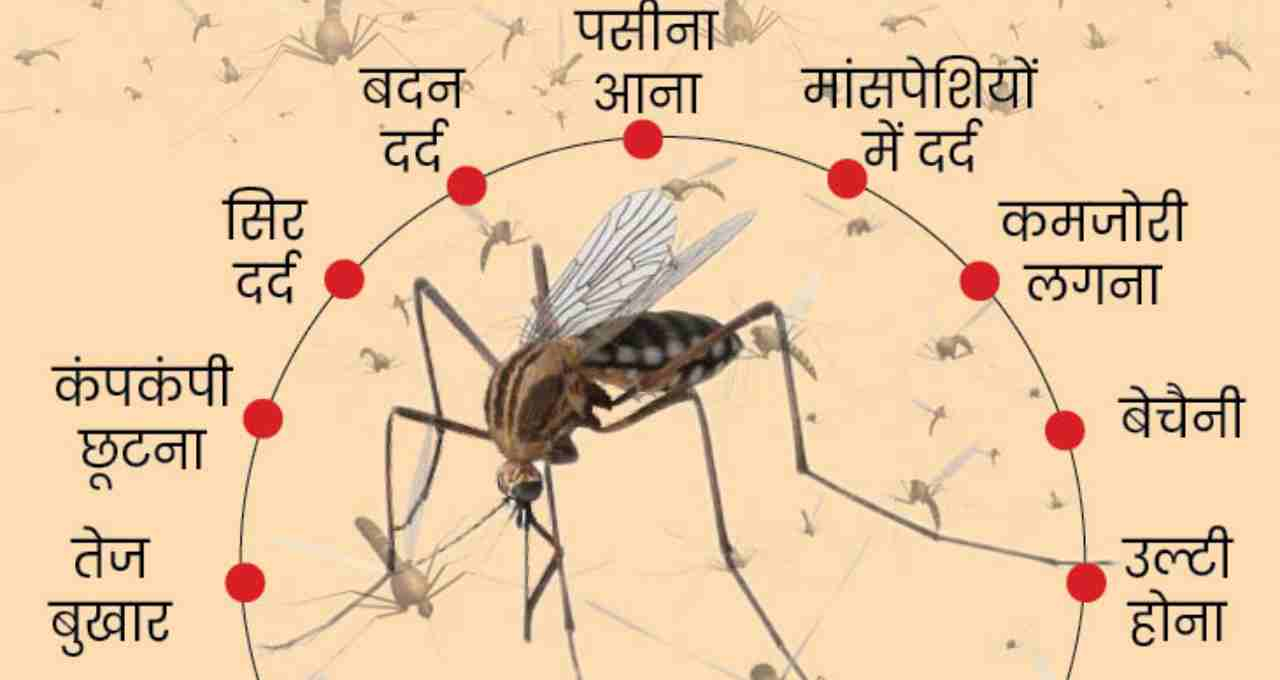
Malaria is a parasitic disease caused by the Plasmodium parasite. This parasite enters the human body through the bite of an infected female Anopheles mosquito. Malaria symptoms typically appear within 10 to 15 days of the mosquito bite and include:
- High fever and chills
- Excessive sweating
- Headache and body aches
- Vomiting or nausea
- Fatigue and weakness
Without timely treatment, malaria can become severe, affecting the liver, kidneys, and brain, and can be fatal in many cases.
Why is World Malaria Day 2025 Important?
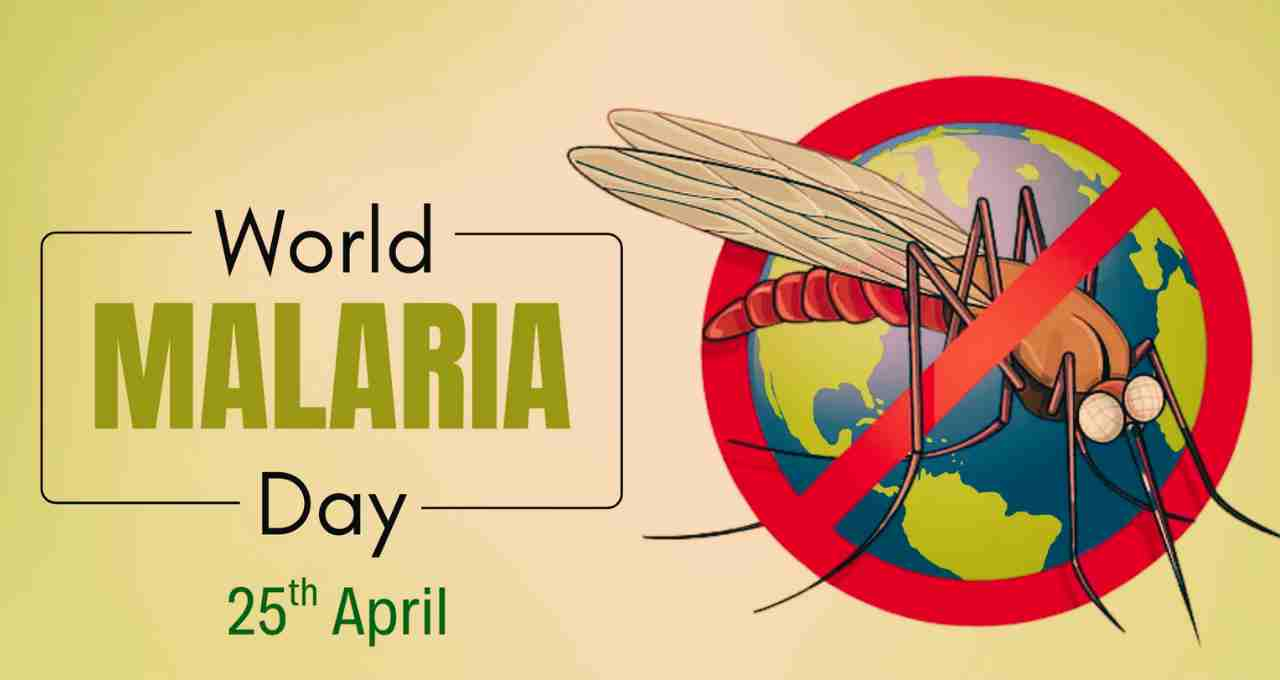
World Malaria Day 2025 holds even greater significance due to the escalating threat of malaria caused by climate change, urbanization, and increasing mosquito resistance to insecticides. According to WHO reports, approximately 240 million people are still affected by malaria annually, resulting in nearly four hundred thousand deaths.
This year's theme is: 'Accelerating the fight against malaria: Invest, Innovate, Implement'.
Malaria Prevention: 5 Effective and Easy Measures

Prevention is always better than cure. Malaria is a preventable disease with a little caution. Here are five simple yet effective ways to protect yourself and your family:
1. Regular Use of Mosquito Nets and Repellents
Using mosquito nets, especially while sleeping at night, is the simplest and most effective way to prevent mosquito bites. Applying mosquito repellents (lotions or creams) to the body is also crucial, particularly for children and pregnant women.
2. Prevent Stagnant Water
Malaria-carrying mosquitoes breed in clean, stagnant water. Therefore, it's essential to ensure there is no water accumulation around the house. Regularly empty and clean coolers, pots, water tanks, refrigerator trays, etc.
3. Wear Full-Covered Clothing
During evenings and nights when mosquitoes are most active, wear long-sleeved shirts and full-length pants. Dress children in clothing that covers their bodies completely.
4. Implement Mosquito Control Measures at Home
Install mosquito nets on windows and doors. Use liquid vaporizers, mosquito coils, or other fumigation devices. Natural remedies like neem and lavender are also effective.
5. Consult a Doctor Immediately if Symptoms Appear
If someone experiences symptoms like high fever, chills, and weakness, seek immediate medical attention for malaria testing. Follow the doctor's advice, take prescribed medication, and complete the treatment. Home remedies or delays can be life-threatening.
Malaria Testing and Treatment
Rapid Diagnostic Test (RDT) kits are readily available for home malaria testing. However, laboratory testing is recommended for accurate results. Malaria treatment primarily involves anti-malarial drugs, such as Artemisinin-based Combination Therapy (ACT). Timely treatment leads to complete recovery.
Special Protection for Children and Pregnant Women
Children and pregnant women have weaker immune systems, making them more vulnerable to malaria. Therefore, extra precautions are necessary:
- Use mosquito nets around children
- Pregnant women should undergo regular check-ups
- Preventive medications as advised by a doctor can be beneficial
- Role of Government Schemes and Awareness Campaigns
The Indian government and the World Health Organization are jointly implementing various programs for malaria eradication. Under the National Vector Borne Disease Control Program (NVBDCP), special teams have been formed in every district to raise awareness about malaria prevention through door-to-door campaigns.
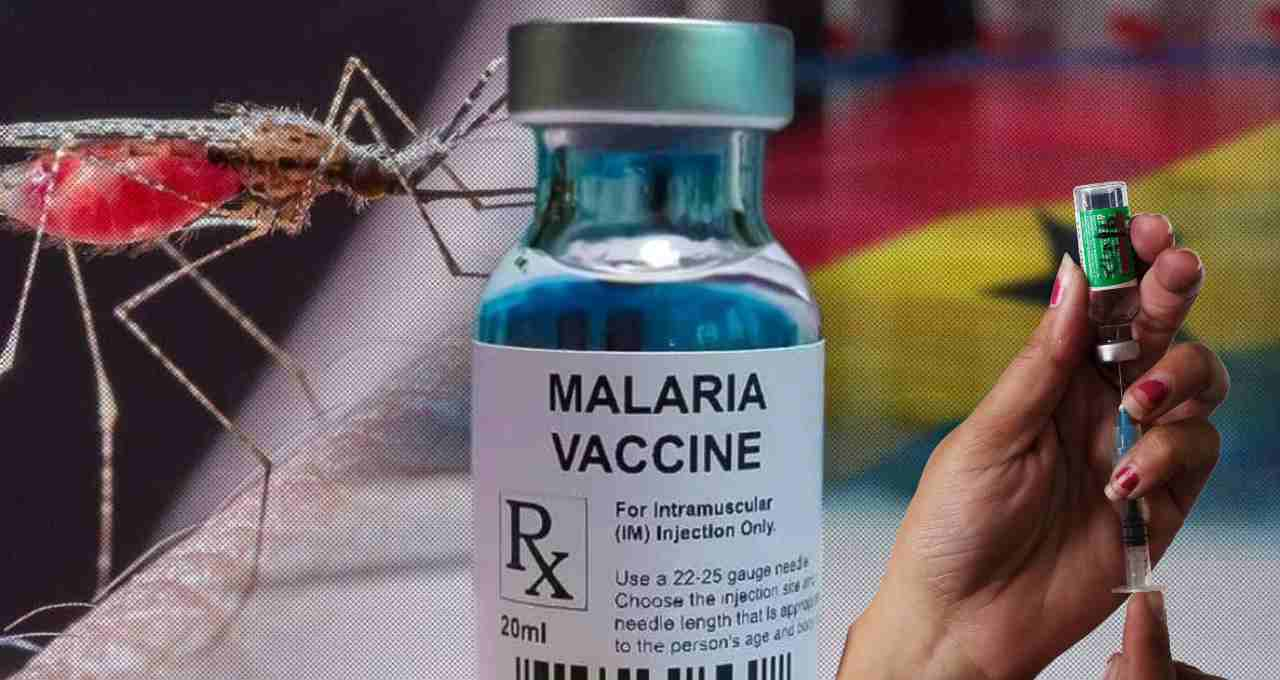
Is a Malaria Vaccine Available?
WHO has recently approved the first malaria vaccine, RTS,S/AS01, which is being used in some African countries on a trial basis. Research on this vaccine is also ongoing in India, and it is expected to be widely used in the coming years. Defeating malaria is not difficult if we become vigilant in time and follow some simple precautions.
The fight against malaria is not just the responsibility of the government or healthcare workers, but of all of us. The message of World Malaria Day 2025 is – 'Let's work together to defeat malaria'. Don't just stop at gaining information on this Malaria Day; take steps to protect your home, neighborhood, and community from this disease. Let's unite and move towards a malaria-free India.
